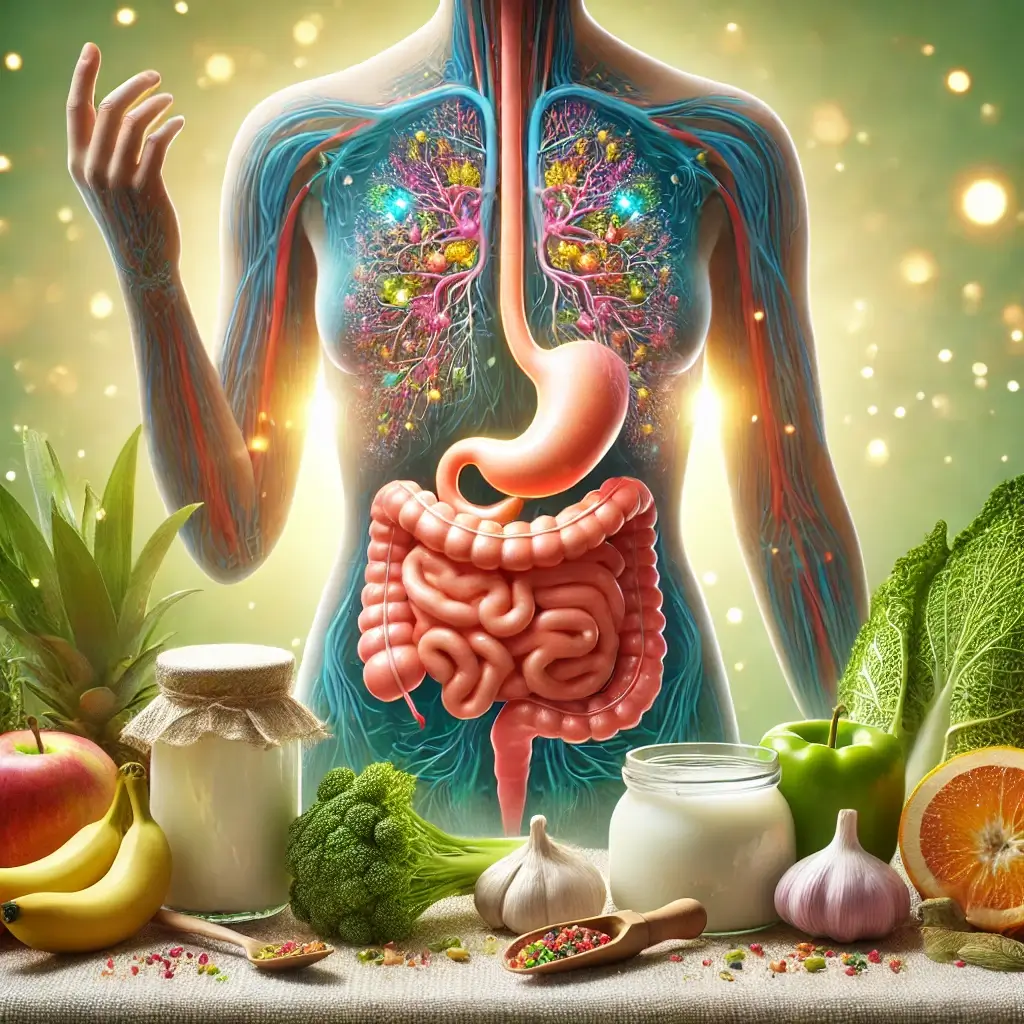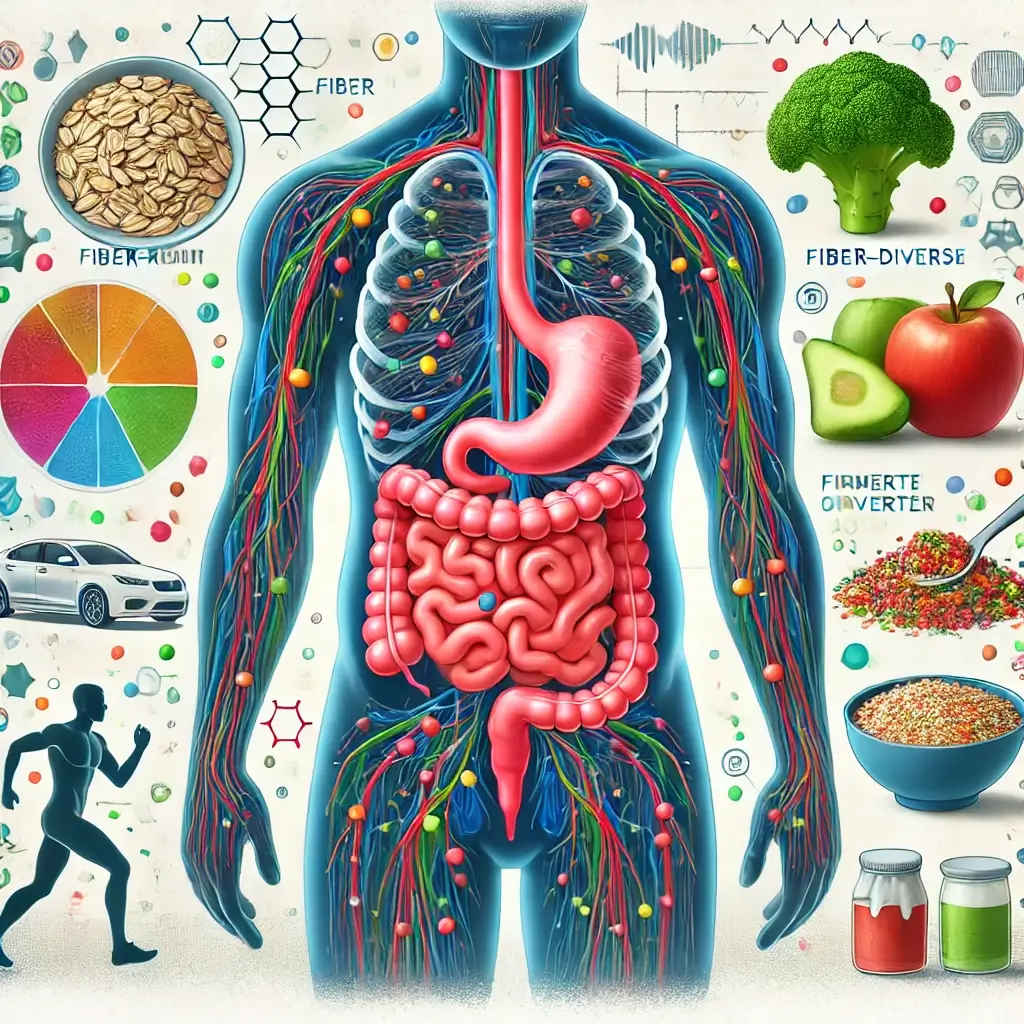Proof That Intermittent Fasting and the Carnivore Diet Decrease Inflammation
The carnivore diet is stringent and permits only meat, fish, eggs, and dairy products. It does not include other foods, such as fruits, vegetables, grains, legumes, or processed foods. This diet is based on the belief that humans are carnivores and that our bodies are built to flourish on a meat-based diet.
The intermittent fasting (IF) eating pattern alternates between eating and fasting periods. There are several IF approaches, but they all include limiting calorie consumption to a specified amount each day or week.
Lifestyle Management
Both the carnivore diet and IF can help lower inflammation by doing the following:
Lowering insulin levels: Lowering insulin levels causes the body to create less inflammatory molecules.
Autophagy is the process by which the body breaks down and recycles damaged cells. This can aid in the reduction of inflammation.
Reducing gut microbiota dysbiosis: Gut microbiota dysbiosis is a disorder that disrupts the equilibrium of microorganisms in the gut. This can result in inflammation.
More study, however, is required to validate the benefits of the carnivore diet and IF on inflammation.
If you want to attempt either diet, you should first consult with your doctor. They can advise whether either diet is good for you and ensure you follow it safely.
Insulin a Hormone
Insulin is a hormone that aids your body’s use of glucose for energy. When blood sugar levels rise, your pancreas secretes insulin to transport glucose into your cells.
You may reduce your insulin levels by doing the following:
Consume a balanced diet: Eating many fruits, vegetables, and whole grains helps lower insulin levels. These meals are low in calories and carbs but high in fiber, which can aid in decreasing glucose absorption into the circulation.
Lose weight: Losing even a little if you are overweight or obese will help lower your insulin levels.
Exercise aids in using glucose for energy and can help reduce insulin levels. Try to get in at least 30 minutes of moderate-intensity activity most days of the week.
Processed meals are generally heavy in harmful fats, sugar, and salt, which can lead to elevated insulin levels. Avoid sugary beverages: Sugary drinks include a lot of added sugar, which can cause insulin spikes. Sugary beverages, such as soda, juice, and sweetened tea or coffee, should be avoided.
Get adequate sleep: Your body creates more insulin when you don’t get enough sleep. Attempt to get 7-8 hours of sleep every night.
Manage stress: Stress can cause insulin levels to rise. Find healthy stress-management techniques such as exercise, yoga, or meditation.
It is critical to cooperate with your doctor to maintain your insulin levels if you have diabetes or are at risk of getting diabetes. Your doctor may prescribe medication or other therapies to help reduce your insulin levels and regulate your blood sugar.
Suggestions
Here are some other anti-inflammatory tips:
Get adequate sleep: Sleep deprivation causes your body to manufacture more inflammatory chemicals. Attempt to get 7-8 hours of sleep every night.
Manage your stress: Stress can cause inflammation. Find healthy stress-management techniques such as exercise, yoga, or meditation.
A diet high in fruits, vegetables, and whole grains can help reduce inflammation. Eat a nutritious diet.
Processed meals are generally heavy in harmful fats, sugar, and salt, all of which can lead to inflammation.
Take supplements: Omega-3 fatty acids and curcumin, for example, may help decrease inflammation.
You can minimize inflammation and enhance your overall health by following these steps.













